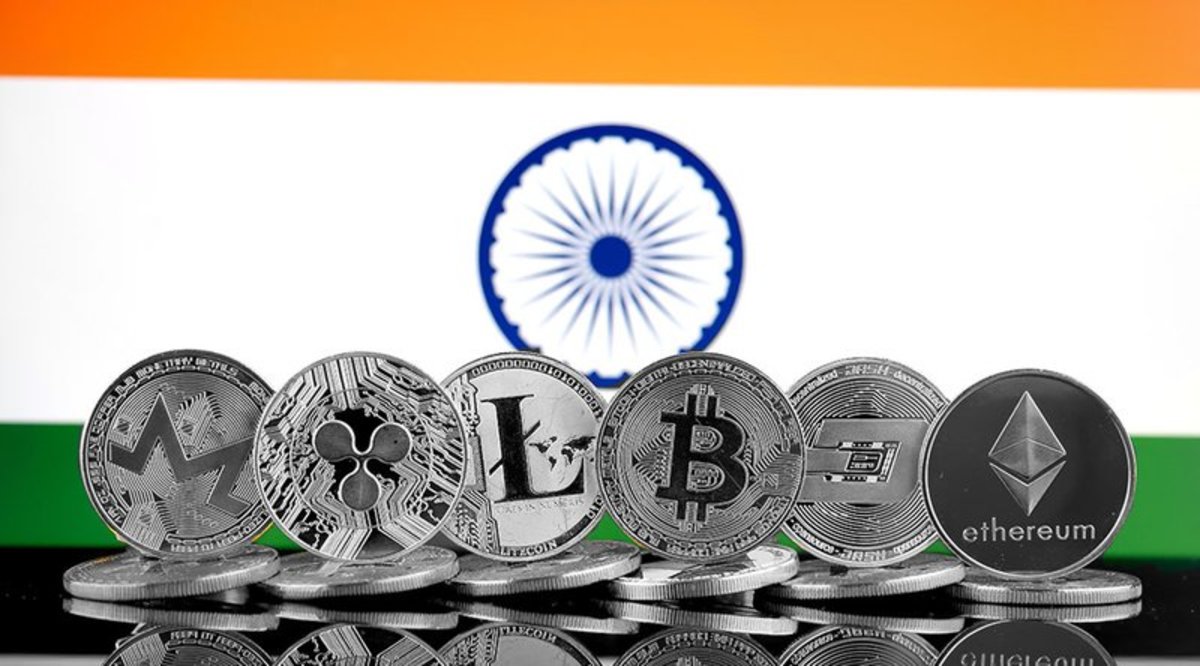
In what amounts to a major clampdown down on bitcoin and other cryptocurrencies, the Reserve Bank of India (RBI) announced in a press release today, April 5, 2018, that it is banning banks and regulated financial entities from dealing with digital currencies.
“In view of the associated risks, it has been decided that, with immediate effect, entities regulated by RBI shall not deal with or provide services to any individual or business entities dealing with or settling [virtual currencies],” India’s central bank said.
What this means is that banks will no longer be able to transfer money to a crypto wallet or to an exchange. Regulated entities already providing such services will have three months to wind down their cryptocurrency-related operations, RBI Deputy Governor BP Kanungo told reporters at a media briefing on Thursday.
At the same time, India has not given up on the idea of issuing a virtual currency of its own. "While many central banks are still engaged in the debate, an inter-departmental group has been constituted by the Reserve Bank to study and provide guidance on the desirability and feasibility to introduce a central bank digital currency,” the central bank said, adding that a report would be ready in June 2018.
The RBI has been highly critical of cryptocurrencies including bitcoin in the past. On three occasions, the central bank has cautioned holders and traders against the risks of using virtual currencies. RBI issued its first warning in December 2013, a second in February 2017 and the most recent in December 2017.
India, a fiat-reliant country, began tightening the noose on cryptocurrencies in 2018 in an effort to prevent money laundering, sponsorship of terrorism and tax evasion. In January 2018, India’s Finance Minister Arun Jaitley told the Indian parliament, “Bitcoins or such cryptocurrencies are not legal tender and those indulging in such transactions are doing it at their own risk.”
(Read more about India’s regulation of cryptocurrencies here.)










